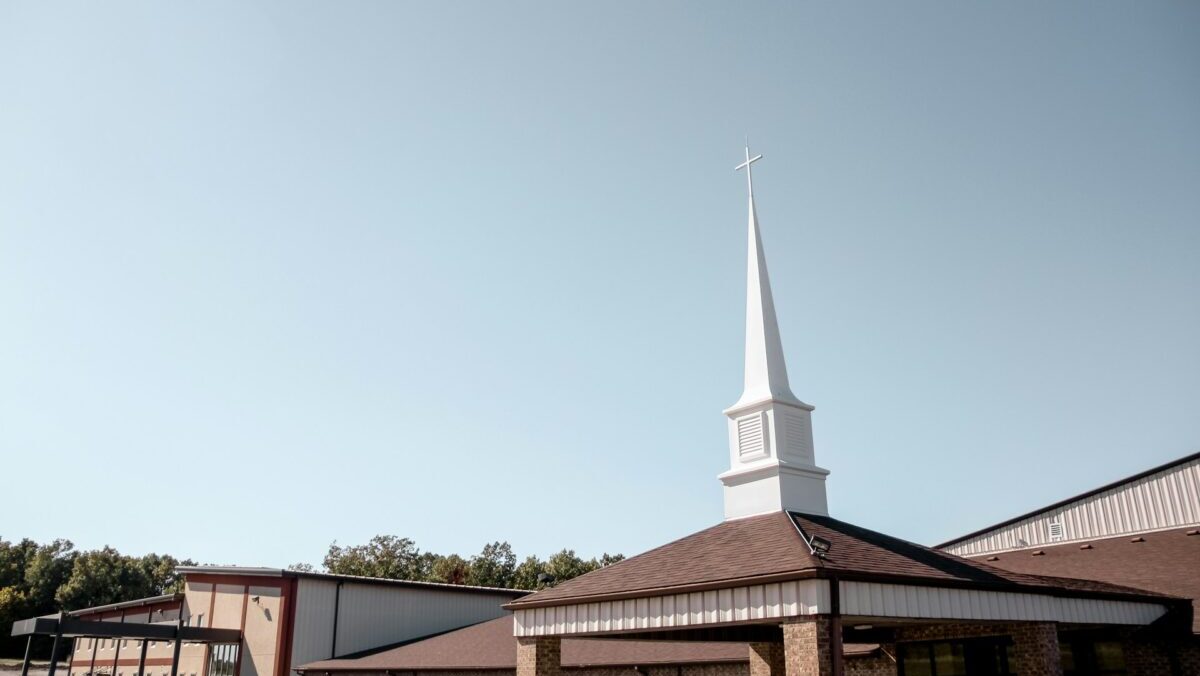The Southern Baptist Convention Executive Committee has been denied the option to file an amicus brief in the Will McRaney v. NAMB case. An amicus brief comes from an individual or organization who is not a party in the suit but is allowed to share information as a matter of advisement to the court.
U.S. Circuit Judge Dana M. Douglas did not provide a reason for the Dec. 15 ruling declining the EC’s attempt to convince the court that hearing the case “would unquestionably run afoul of the jurisdictional bar under the ecclesiastical abstention doctrine.”
McRaney’s lawsuit journey
McRaney was let go from the executive director role at the Baptist Convention of Maryland/Delaware in 2015 and filed suit against NAMB in 2017, claiming NAMB influenced the convention’s decision to fire him and negatively impacted his severance package and overall reputation.
While the case was dismissed Aug. 15, 2023, by the U.S. District Court Northern District of Mississippi Aberdeen Division, McRaney announced Sept. 11 he would appeal the ruling.
Since that time, a few more motions have been filed including an amicus brief for a group of religious organizations — the Church of Jesus Christ of Latter-day Saints, the National Association of Evangelicals, the Lutheran Church-Missouri Synod, the General Conference of Seventh-Day Adventists, Catholic Diocese of Biloxi, Catholic Diocese of Jackson, Jewish Coalition for Religious Liberty, and the Islam and Religious Freedom Action Team of the Religious Freedom Institute.
The group’s summary in the brief states: “The Constitution guarantees churches and other religious organizations the freedom to remove religious leaders without judicial oversight or interference.
“Will McRaney asks this Court to ignore that well-established principle by pursuing tort claims against the North American Mission Board of the Southern Baptist Convention (NAMB) for its role in his dismissal. His suit inescapably involves religious matters that the First Amendment jealously guards.”
When the EC filed its request to also add an amicus brief to the court documents, McRaney opposed.
He argued the EC should not be able to file an amicus brief because “NAMB is an agency of the SBC and the SBC is the sole member of NAMB and appoints NAMB’s directors. Thus NAMB and EC are not sufficiently separate entities for purposes of Federal Rule of Apellate Procedure.”
‘Litigious season within the SBC’
Philip Robertson, EC board of trustees chair, shared a comment with The Baptist Paper following the Dec. 15 ruling.
“I am surprised that our motion to file the amicus brief was denied, and the court did not give any explanation for its denial,” he said.
“We simply do not know why the court made this unusual decision, and any guesses would be pure speculation. However, I am confident that our amicus brief correctly stated for the record our polity as a convention, which was the purpose for the brief.
“Unfortunately, we are in a litigious season within the SBC, and it is important that our polity be clearly communicated to the courts. That was the purpose of the Executive Committee’s brief,” Robertson explained.










